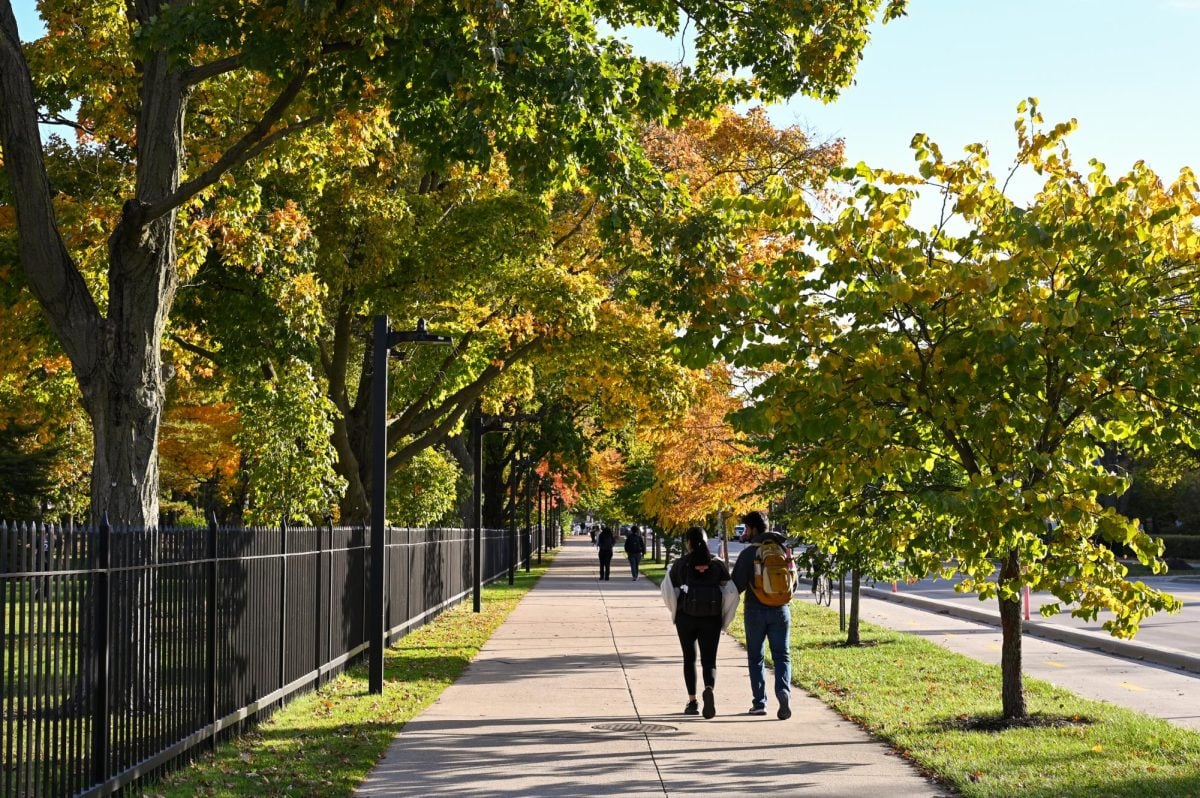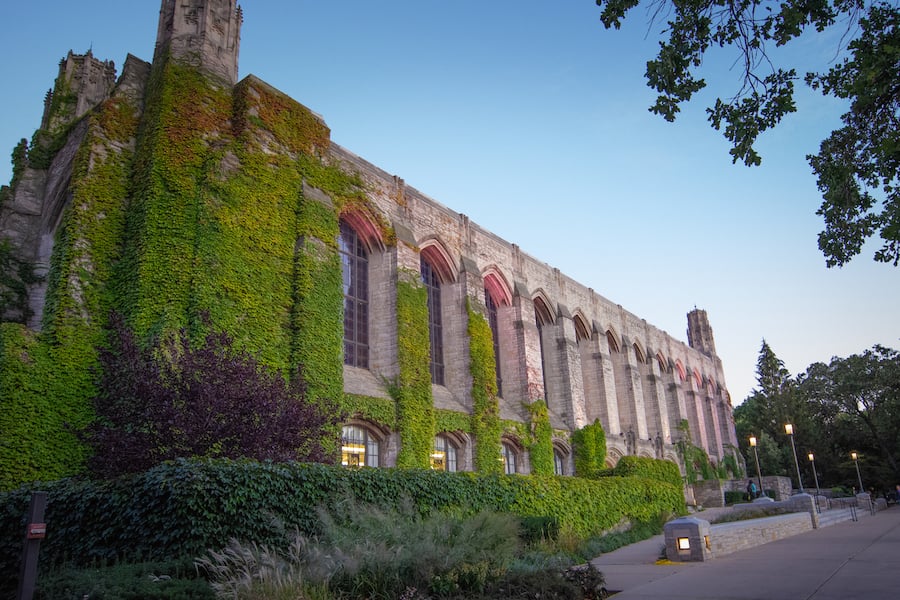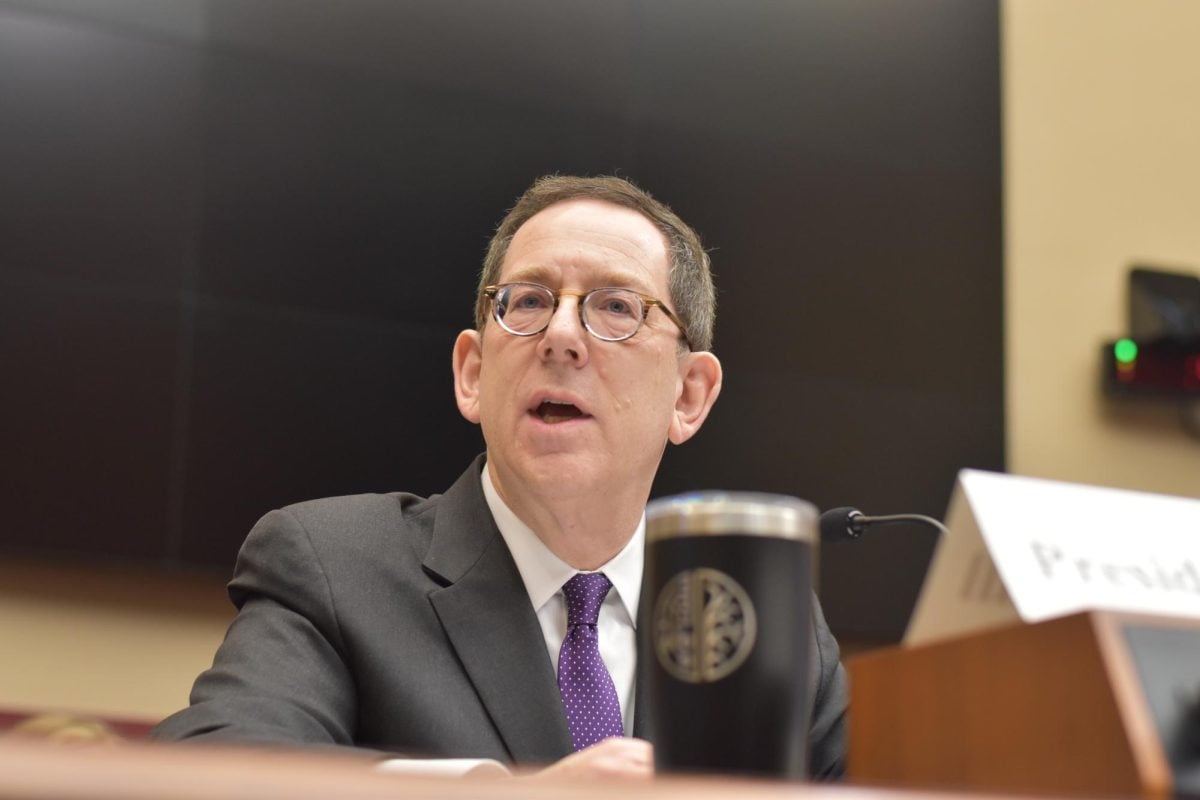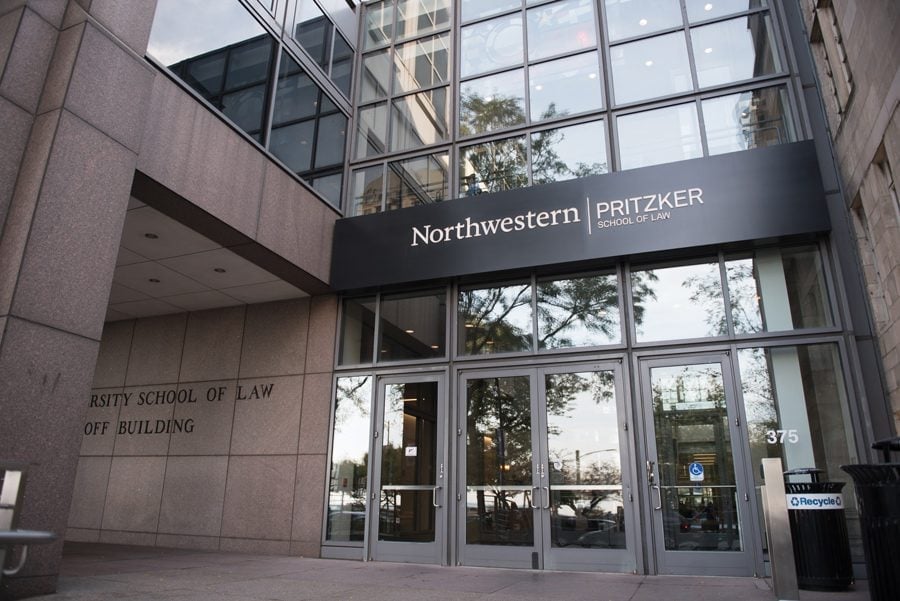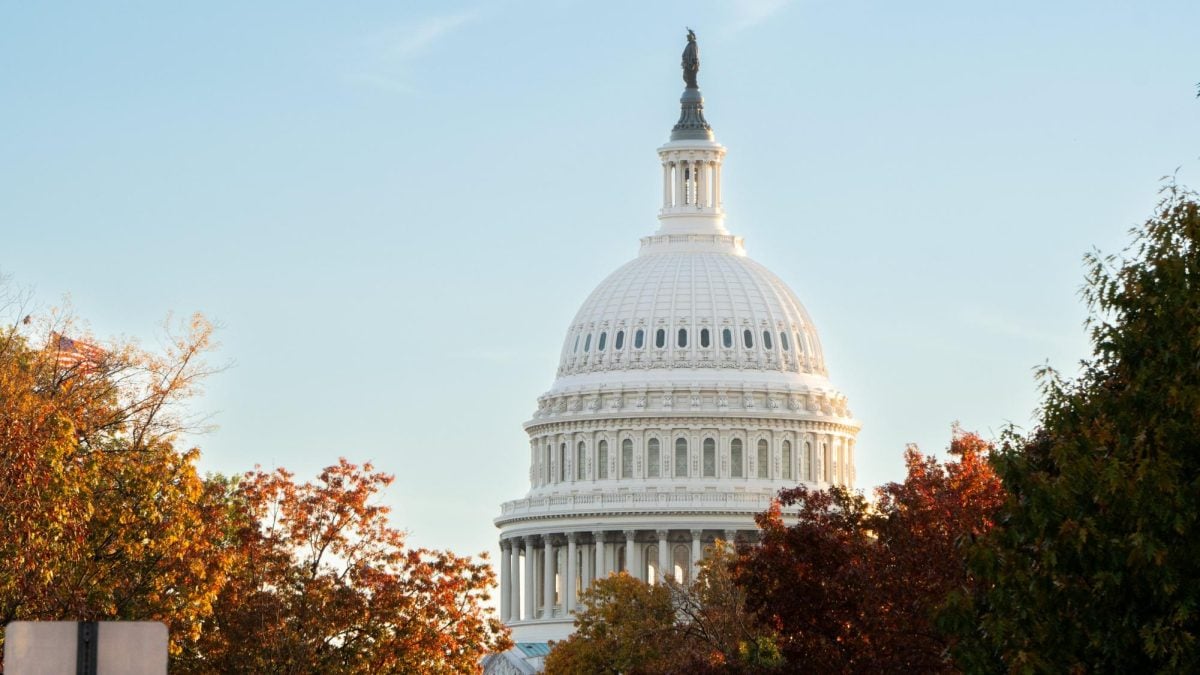Alcohol transports at Northwestern, especially among freshmen, are up significantly from the past two years, according to Dean of Students Burgwell Howard.
Howard says University administration knew of 21 students who were taken to the hospital due to excessive alcohol consumption by mid-October, up from 13 and 9 during the same time period in 2010 and 2009, respectively. In an email to freshmen Oct. 21, Howard wrote more than half of this year’s alcohol transports were from the freshman class.
The rise in alcohol transports comes despite steps taken by administration to make drinking on campus safer, including a two-day conference Oct. 25 and 26 on evidence-based interventions to reduce binge drinking on college campuses. The conference was organized by the Dartmouth Learning Collaborative on High-Risk Drinking, which NU joined in May.
SUNY Albany clinical psychologist Dolores Cimini, who spoke at the conference, said there are generally two different reasons for an increase in alcohol transports, and that it is not always a bad sign.
“One of the reasons could be that the number of alcohol-related incidents has gone up over time,” Cimini said. “The other could be that the rates are staying the same but students are actually stepping up to help other students who are in medical need.”
Weinberg senior Andrew Duble, the president of the Interfraternity Council, said he can see both factors at work on NU’s campus.
“This year’s freshman class is certainly more rowdy than past years,” Duble said. “Another component is the fact that people are willing to make the call to the hospital sooner, and we all welcome that because if safety’s the most important thing, then whenever you’re in doubt you’re going to make that call.”
Howard said he is happy with the way that the number of incidents has decreased in recent weeks and spoke about the importance of students taking an active role in helping their peers.
“Increasingly, students have been calling to have their fellow students medically evaluated because they don’t want to take the chance that someone might not be doing well,” Howard said. “Making smart choices for yourself and looking out for your friends is a key thing.”
One student who is actively trying to curb on-campus drinking is SESP senior Kirstin Nordhaus, who is currently seeking University funding for a student group which would provide alternative forms of late-night entertainment to students.
“Late night social programming is something that a lot of other universities have in place,” Nordhaus said. “Most of our late-night events end after Welcome Week and it’s something I thought that students would benefit from, having events at that time.”
Cimini identified several groups as particularly high risk for binge drinking, including first-year students and students involved in Greek life. Jason Kilmer, the assistant director for alcohol education at the University of Washington, talked at the conference about the importance of university administration seeking input from Greek leaders on policies that affect Greek life.
“It’s a cool opportunity, working with fraternities and sororities, because there might be chapter-specific hooks,” he said.
Hooks, Kilmer explained, are characteristics chapters care about – such as brotherhood or their social reputation – which can be used as gateways to safer drinking.
Duble confirmed that Kilmer’s advice is being followed in fraternities at NU.
“The fraternities and the Interfraternity Council are working with the University to figure out what the root causes of this issue are so we can get a handle on it,” he said.
Medill junior Ben Shartar, a member of Lambda Chi Alpha, said many fraternities have taken steps to encourage safer drinking.
“What I’ve seen a lot of fraternities do is not offer shots because that’s one way to consume a lot of alcohol without really knowing it,” he said. “A shot is such a small volume that people think, ‘Oh, I can keep going.'”
Shartar encouraged the University administration to consider allowing alcohol on campus.
“They really can’t do anything as long as they still consider it a dry campus,” Shartar said. “If we had a wet campus, they’d actually be able to set regulations and rules about the amount of drinking that goes on.”
Cimini said she was more hesitant about the idea of NU becoming a wet campus, saying there are both pros and cons to that label.
“There’s also the risk of students who are underage consuming alcohol and students who are of age giving alcohol to the other students, so then the issues will be located on campus,” she said.
According to Patricia Telles-Irvin, vice president for student affairs, turning NU into a wet campus is not something currently on the table, but the administration is open to investigating it in the future.
“That’s something I have not heard from students yet,” Telles-Irvin said. “If it’s raised, we are willing to look into it.”
Cimini cited two main reasons why she considers freshmen a high-risk group.
“Coming to college is the first opportunity that students have to experience freedom,” she said. “You put the freedom there and combine that with the peer pressure that often happens, it places first-year students at risk.”
Weinberg freshman Mike Lee said peer pressure is present on campus, especially at fraternity events where alcohol is present.
“I’ve seen some people who don’t usually drink who have gone who are at least pressured to be holding a beer and sipping on it,” Lee said.
Nordhaus agreed, but emphasized students are still responsible for their own decisions.
“Drinking overall is an individual choice and it’s obviously influenced by others,” Nordhaus said. “It’s about coming up with ways of dealing with that individually if you don’t want to drink in a given evening.”
Despite the peer pressure, Lee praised the fraternities for making sure that most students at their events stay safe.
“If somebody’s clearly intoxicated they won’t give them any more drinks,” he said. “A lot of times when intoxicated people leave the house, they’ll make sure that there are people that are sober enough to get them home safe.”
jdiebold@u.
northwestern.edu
